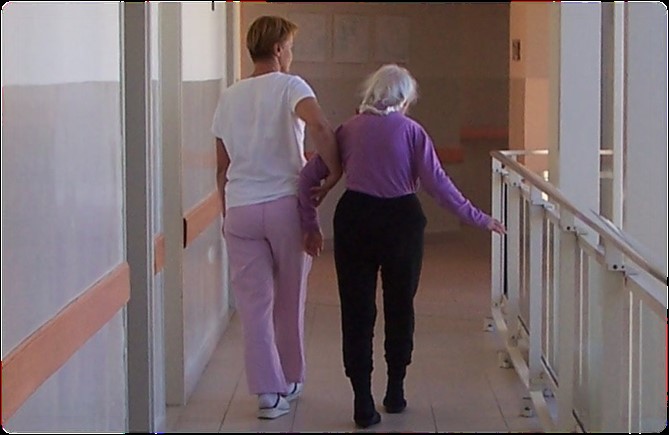Civil society organisations work with and support numerous vulnerable groups such as older persons, persons with disabilities, those at risk of poverty, children, youth, national minorities, homeless and others and, by doing that, play an important role in protection and promotion of human rights. However, despite their significance and positive effects on the entire society, they haven’t been covered by Government’s measures to tackle financial effects of the coronavirus pandemic, said the Coordination for protection of organizations’ dignity in Croatia in a complaint to the Ombudswoman.
In order to work efficiently and provide necessary support to citizens most exposed to negative effects of the pandemic, it is important to secure resources to civil society organisations so they can keep their employees and adequate working spaces. Therefore, they should be covered by a package of support measures just as the economy sector is, and we have addressed this issue to the Government’s Office for Cooperation with NGOs and National Foundation for Civil Society Development. According to the National Foundation, current financial support continues, while the reimbursement process is accelerated, which should certainly help the continuation of activities. Given the circumstances, it is also necessary to prepare a tender in which additional support for civil society organisations could be provided, while the evaluation of all applied projects should be prompt and transparent.
In addition to data on planned assistance measures, we also requested information on including civil society organisations in decision-making process during and after the pandemic. This would strengthen citizens’ trust in Government’s decisions, as well as those made by the Civil Protection Directory, which has significant impact on adherence to all adopted measures, making it one of the prerequisites for a successful fight against the coronavirus pandemic.
 Ombudswoman Submits Report 2023 Annual Report to the Croatian Parliament
Ombudswoman Submits Report 2023 Annual Report to the Croatian Parliament The Importance and Impact of Political Discourse in the Pre-Election Period
The Importance and Impact of Political Discourse in the Pre-Election Period International Conference Marks End of the Project on the EU Charter on Fundamental Rights and the Rule of Law
International Conference Marks End of the Project on the EU Charter on Fundamental Rights and the Rule of Law Parliamentary Committee on Human and National Minority Rights Votes in Favor of the Ombudswoman’s 2022 Annual Report
Parliamentary Committee on Human and National Minority Rights Votes in Favor of the Ombudswoman’s 2022 Annual Report World Homeless Day – Invisible, but also Forgotten?
World Homeless Day – Invisible, but also Forgotten? Ombudswoman to Issue Special Report on the Human Rights of Older Persons
Ombudswoman to Issue Special Report on the Human Rights of Older Persons


